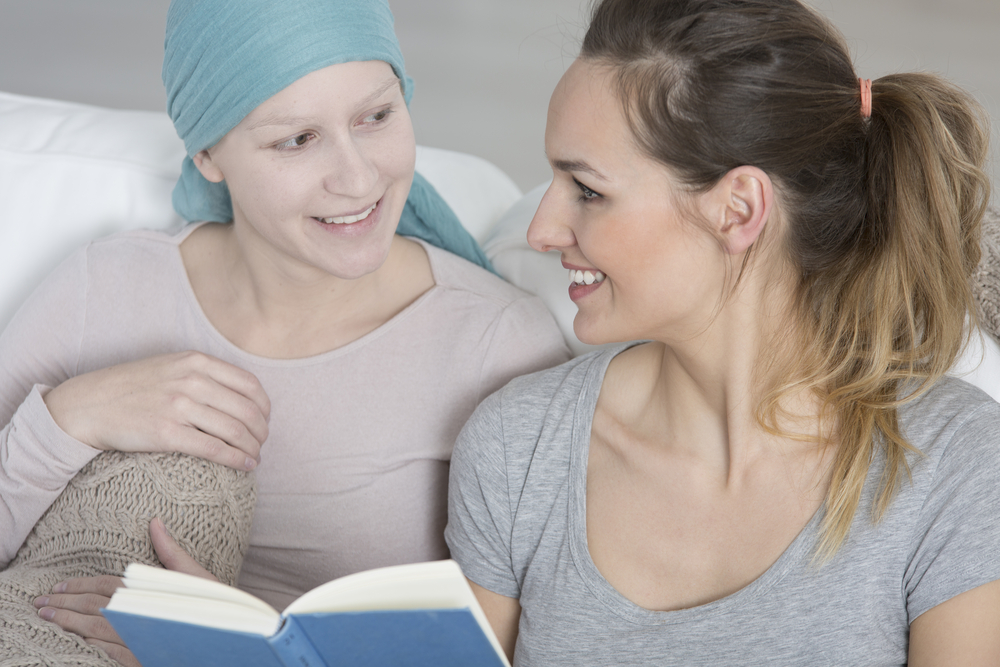An Overview Of Caregiving – A Full-Time Responsibility
An overview of caregiving – A full-time responsibility
“There is no medicine like hope, no incentive so great, and no tonic so powerful as expectation of something tomorrow.”
– Anonymous
Cancer caregivers are mostly relatives or companions who give imperative physical, financial, and emotional help to an individual with malignancy. Caregivers may have a scope of obligations on a regular basis or as required.
What are the types of caregiving?

There are numerous approaches to be a caregiver:
- One individual, for example, a life partner or accomplice, plays the primary role of a caregiver or lead caregiver.
- Adjacent family, companions, or neighbors may, likewise, be a caregiver.
- Most cancer caregivers try to stay in the nearby area so that they can keep a watch on the patient.
- A few cancer caregivers share the roles of caregiving with other individuals.
- Distributing caregiving responsibilities among relatives is mostly hard to deal with.
- Taking care of a person with malignancy can unite families.
- Sometimes, a relative or companion who does not live close to the individual with malignancy also provides care.
- A distant caregiver regularly gives benefits by telephone or email.
- A distant caregiver may organize neighborhood volunteers, companions, and professionals to assist the individual with malignancy.
How do cancer caregivers engage a patient?
- As caregivers, you should help them live as they lived before the acknowledgment of any malignancy, such as cancer. To do this, you may begin by helping them choose what exercises are generally significant. They may need to set aside those that are less imperative with a specific end goal to do the things that delighted them the most.
- Being a caregiver, you should urge them to share their emotions and bolster their endeavors to share. For example, when they start conversing with you about their emotions about growth, don’t change the subject; let them talk. You need to share how you’re feeling as well.
- Let the patient know you’re accessible, but don’t squeeze issues. When they’re attempting to accomplish something, they may not be able to do it, yet it’s imperative for them to have the capacity to do this. You might need to do it for them, but don’t. Give them a chance to choose when they require help.
- Keep in mind that individuals impart in various ways. Take a stab at sharing by composing or by utilizing signals, articulations, or touch. In some cases, it might be extremely difficult to state what you’re feeling.
- Take your signs from the individual with the disease. A few people are exceptionally private, while others will speak more about what they’re experiencing.
- Be reasonable and adaptable about what you want to discuss and concur with them. You may talk, just to find that the patient wouldn’t like to do it.
What are the challenges in caregiving?
The difficulties of providing care may include these:
- The caregiver may feel enthusiastic pressure.
- Caregiving persons may have less time for oneself and family life.
- For caregiving, one must have the need to adjust between work and providing care duties.
- The caregiver also faces the challenge of financial pressure.
- Cancer caregivers also face the issue of the absence of privacy.
- The caregiver also faces sentiments of loneliness and dejection.
What are the things a caregiver should remember?
- A few cancer caregivers feel they need to do everything alone. They may feel that as the caregiver, they are in charge of the sick.
- Cancer caregivers should set sensible points of confinement on what they can do.
- There are ways they can securely enable a man to sit up or walk, yet they need to figure out how to do it without harming themselves.
- This is the place professional help is required; home care attendants or physical specialists can demonstrate the generally accepted methods to do it securely.
- They can, likewise, enable caregivers to get extraordinary hardware, if necessary.
How does caregiving affect employment?
- Providing care itself can be an all-day work, yet numerous cancer caregivers are already in permanent employment.
- This can prompt business-related issues like missed days, low efficiency, and work intrusions.
- A few caregivers even need to take unpaid leaves, turn down advancements, or lose work benefits.
- The worry of administering to somebody agonizing over keeping your employment can be overstressing.
Caregiving can affect a person personally, professionally, and emotionally, but there are still many who want to be a part of it.